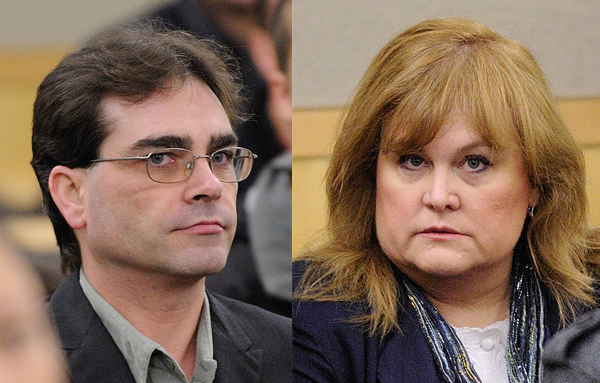A new state report blames shortcomings in state policy for a recent rash of severe abuse of adopted children, including lack of oversight of private adoption agencies, inadequate safety nets for catching potential abuse, and urgency to place the state’s displaced and orphaned children in permanent homes.
The report, released Monday by the Severe Abuse of Adopted Children Committee, recommends a list of changes to improve the state’s adoption system and protect children.
Twenty-eight committee members from the public and private adoption and child welfare fields reviewed 15 cases of severe abuse and neglect of adopted children, including at least one in Clark County. The abuse occurred between 2009 and 2011.
They examined gaps in the state system and looked at best practices to come up with the recommendations. Among the proposed changes:



